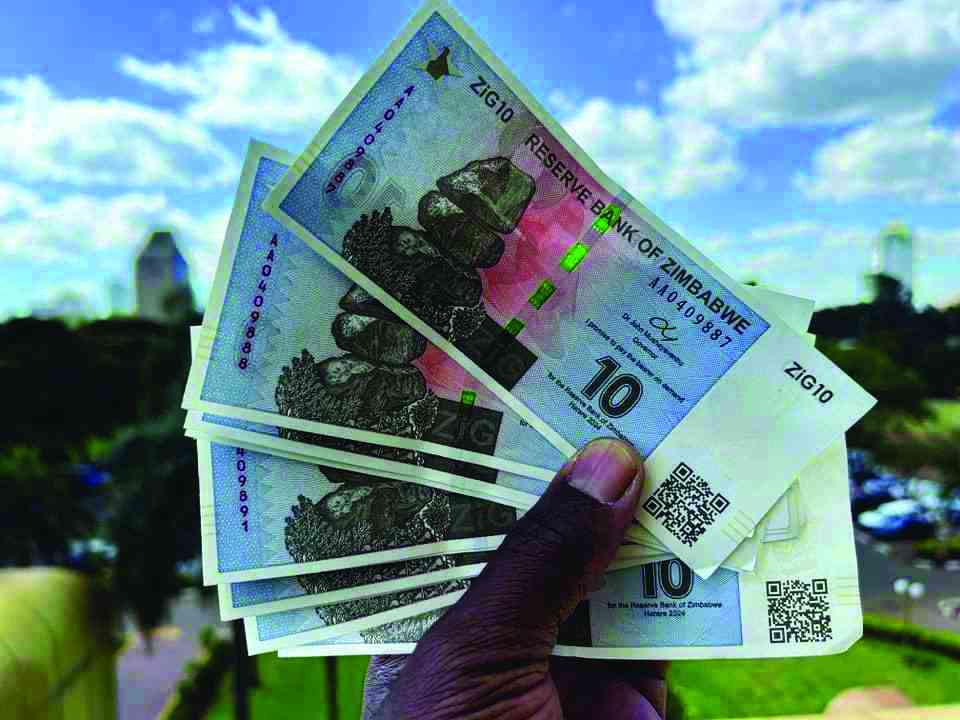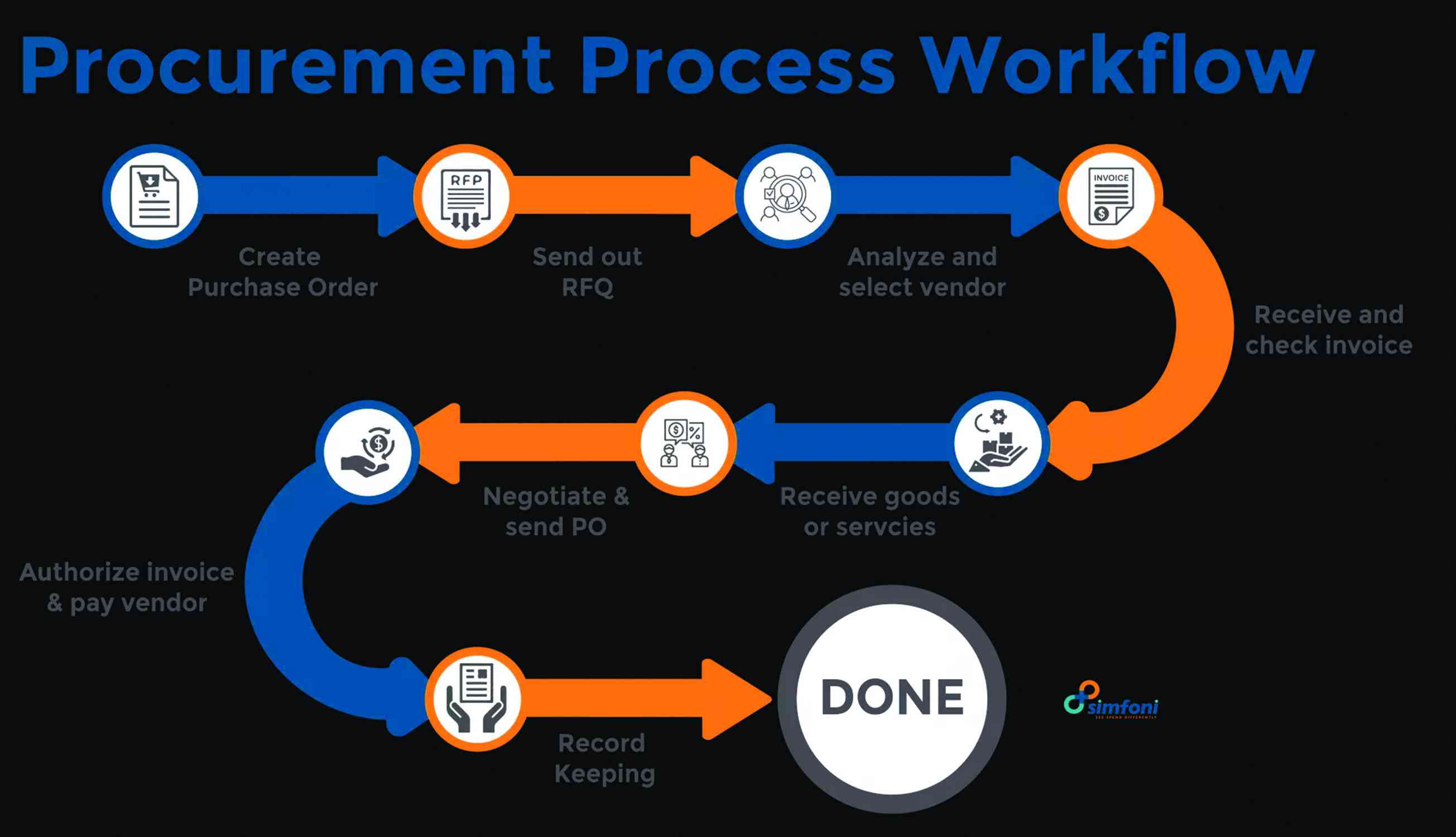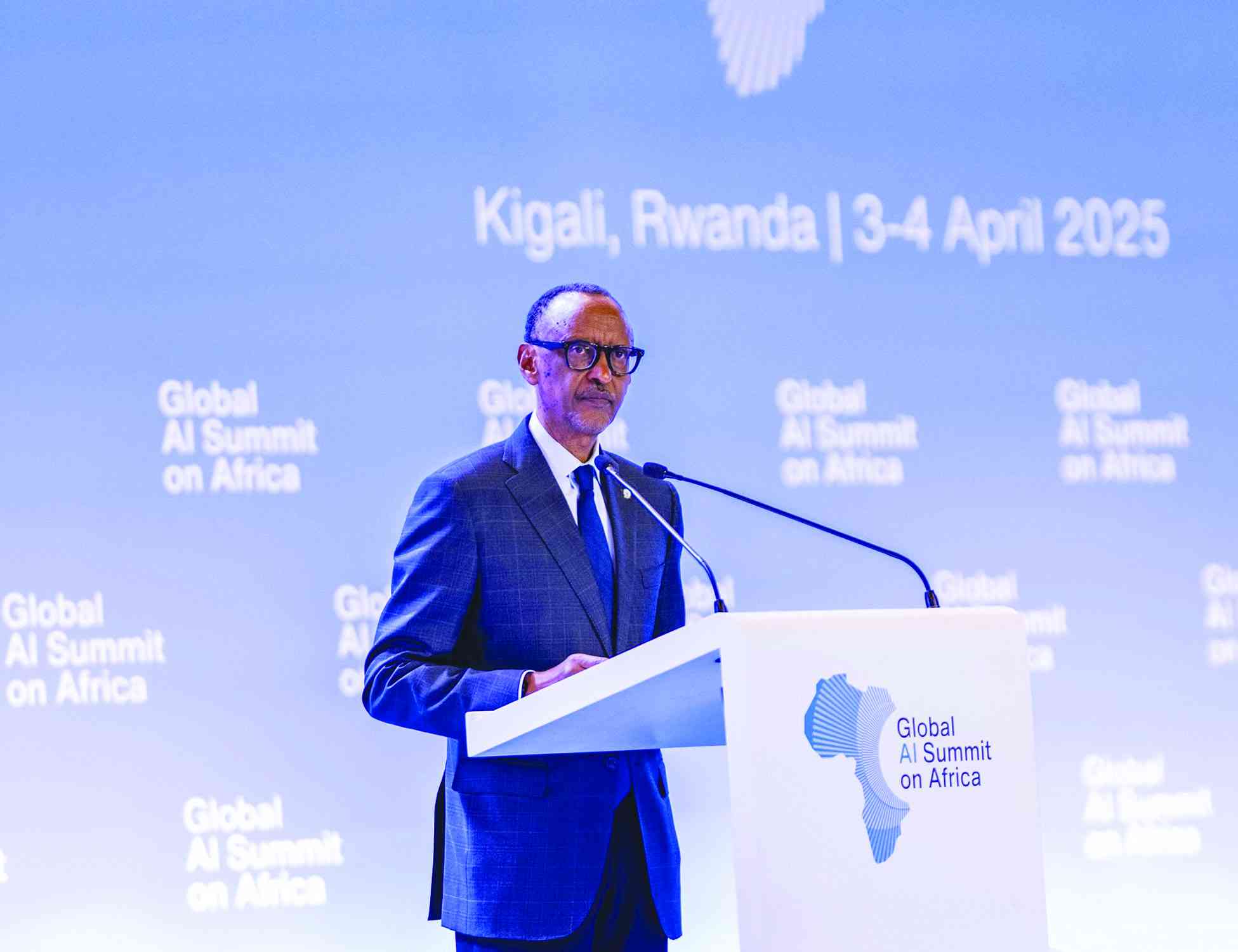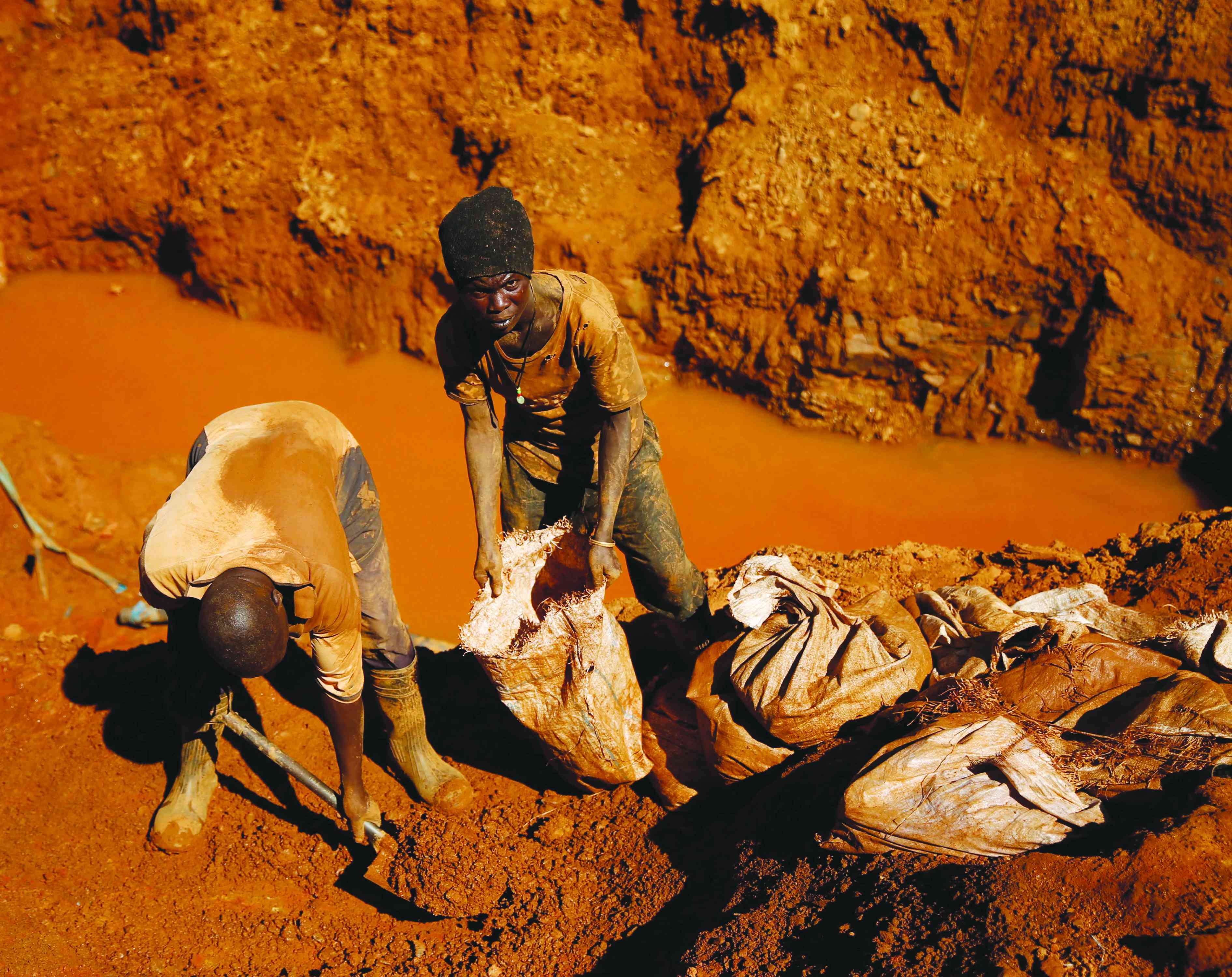
THE recurring theme of currency instability has almost become a permanent feature in Zimbabwe’s economic landscape.
Since attempting to de-dollarise in 2019, the country has experienced shocking levels of local currency depreciation, rated among the worst performances in the world, comparable to countries experiencing wars and social unrest.
Beyond Iran, Zimbabwe stands apart from other perennial failures like Argentina, which is now on a positive trajectory, and Venezuela, whose recurring political instability has rendered its economy unstable.
Such levels of economic instability are only comparable to Zimbabwe’s hyperinflation period and very few other countries globally. The reckless spending and successive inevitable debt monetisation through the Central Bank, along with an increasingly ungovernable economy relying on the informal sector and widespread corruption from parastatals to the private sector, have made matters even worse.
As the year progresses, we explore the outlook and consider any indications that the future may differ from the present, specifically regarding whether Zimbabwe will achieve macroeconomic stability in the year ahead or at least make progress in the right direction.
The potential of the economy is frequently discussed, given that the country has abundant natural resources and favorable conditions for agriculture to thrive. The agriculture and mining sectors hold the greatest potential for the economy, capable of unlocking both upstream and downstream value within their chains, as well as cross-sector value extending to the service sector, positioning Zimbabwe as one of the most dynamic economies globally.
The mining sector has the potential to surpass US$10 billion in annual earnings, up from the current US$5.5 billion, while agriculture could improve from US$2.3 billion to about US$4 billion. Given a stable operating environment and policies that promote and guarantee investment, these targets can be achieved, thereby catapulting the economy to a much larger base.
A larger economic base helps mitigate the downsides associated with wider budget deficits and the need to monetise the funding gap through expensive debt or simply printing currency.
On an encouraging note, the tobacco harvest for the current year has improved compared to the previous year, as have average earnings from the crop. This cash crop is one of Zimbabwe’s largest foreign exchange earners. Likewise, gold production as of November has surpassed the total for the entire previous year, reaching 32 tonnes with one month remaining, thanks to lower rainfall in November.
This year, Zimbabwe could see gold deliveries reach an all-time high of just bove 35 tonnes, a mark the country has yet to surpass. Gold exports could generate approxi- mately US$2.5 billion, a significant increase from the prior year and the highest ever achieved by this mineral or any other in history.
The full-year performance will solidify gold’s status as the foremost export product of value. The Platinum Group Metals (PGMs), which sometimes offer higher returns, suffered from depressed global prices this year.
Other promising commodities include lithium and diamonds. The earning poten- tial of Zimbabwe cannot be overstated, as these figures represent only a small fraction of what the economy could achieve. However, a solid foundation is essential if these full potential levels are to be realised or if the positive direction is to be maintained.
It is imperative for the government to improve its efficiency in delivering value to the citizens through government agencies, parastatals, quasi-authorities, and others, as well as in the general allocation of its budget.
These efficiencies require restructuring the fiscal framework, focusing on reducing non-recurrent expenditures and increasing capital expenditures. Meritocracy should replace cronyism in the deployment of senior personnel in controlled institutions, and the government should offload underperforming investee entities, whether previously privatised or fully owned.
Above all, revisiting the policy front is crucial. The government must reflect and propose policy solutions that promote investment. The tax regime has become increasingly punitive, especially from a structural perspective, where formal businesses must compete with the informal sector.
The informal sector largely evades taxes, allowing them to offer very competitive prices.
In contrast, formal players lack this advantage yet pay significantly in taxes and operational costs. The disintegration of the formal economy is catastrophic and detrimental to Zimbabwe’s economic survival. This concern extends to the extractive sector, where the country is losing a substantial amount of tax revenue.
The policy environment has the potential to address these issues over the mid to long term, even if short-term payoffs may be disruptive and painful. It is necessary to sacri- fice minor short-term gains for more stable and increased long-term benefits.
Against this backdrop, we believe that Zimbabwe’s economy is far from achieving stability. The economy is morphing into a state of informalisation that may render it trapped and difficult to rescue. An expedient route will only prolong the period of instability.
We also do not foresee the government changing its policy direction based on the 2025 National Budget, which introduced additional taxes. Already, we noted that the government forecasts adverse exchange rate performance in 2025, predicting an average exchange rate of 1:36.
In 2024, the average exchange rate was around 1:17, indicating that the variance in annual average will result in nearly 50% depreciation. The only reason the government would project this depreciation is that it anticipates printing money and monetising its debt, as expenditures will far exceed the budget.
Spending may also vary significantly from the budget due to ambitious revenue collection targets. Similar to the current year, the government may find it challenging to collect the targeted revenue as the tax base shrinks and currency fluctuations disrupt the budget. These likely scenarios will shape 2025, and Zimbabwe needs to brace for a sustained period of volatility.
Equity Axis is a financial media firm offering business intelligence, economic and equity research. The article was first published in its latest weekly newsletter, The Axis.











